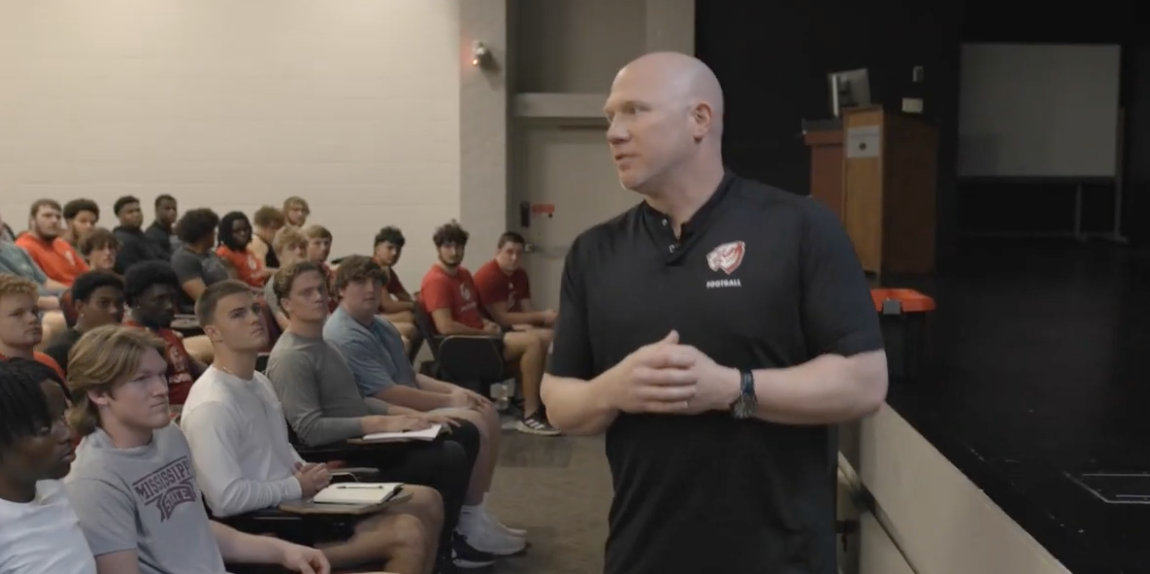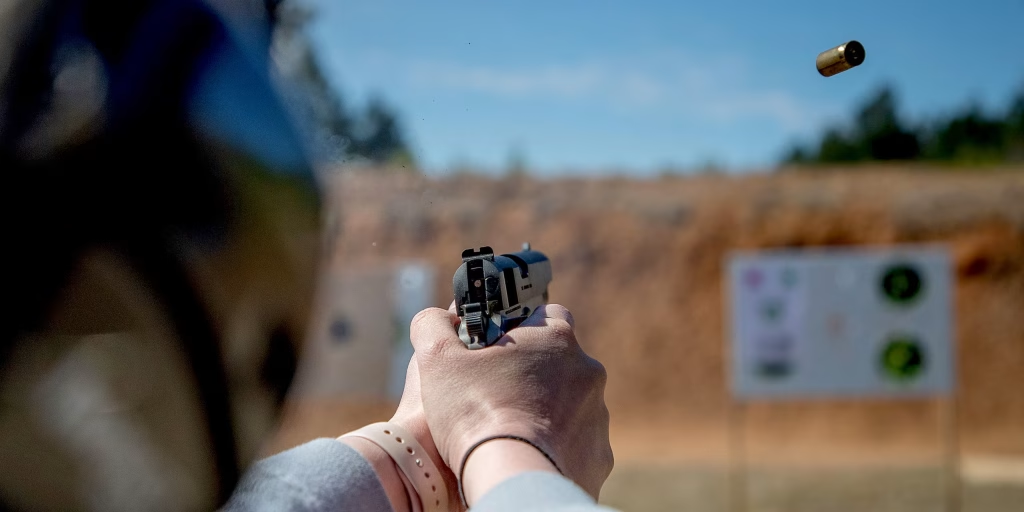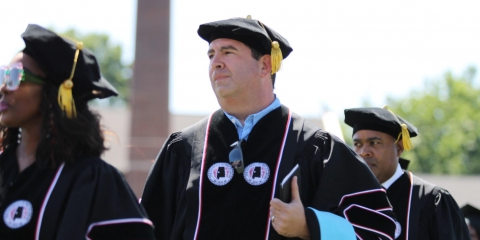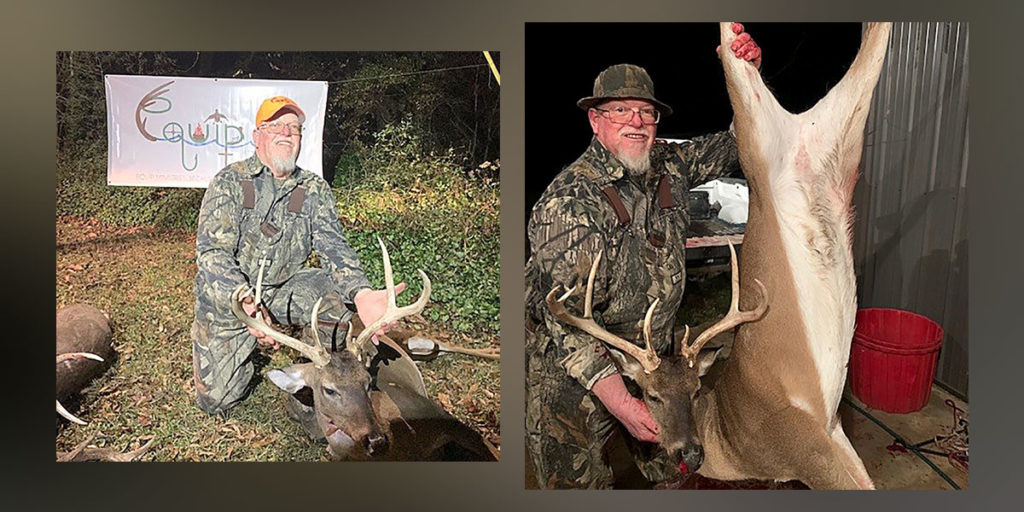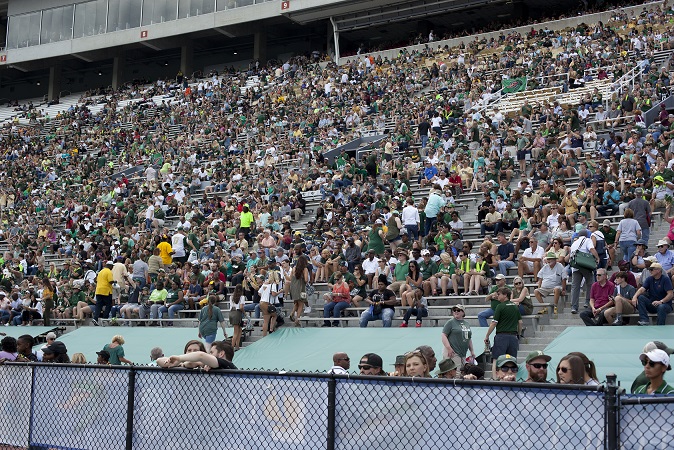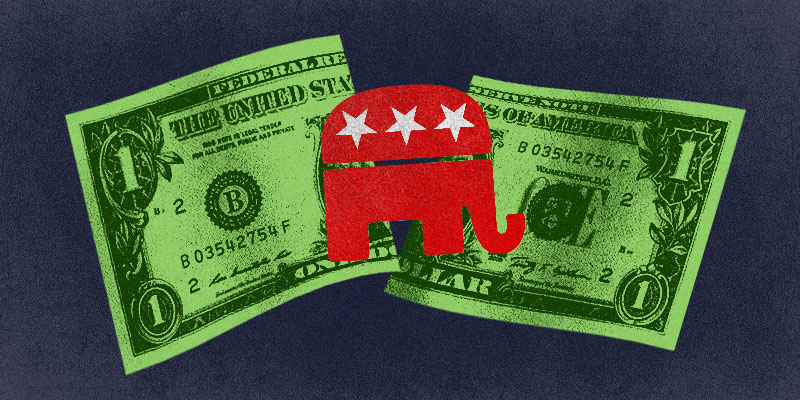Joseph Brown remembers taking the call from Nick Saban. It was early in 2025, and the legendary Alabama football coach, now “retired” to life as a TV commentator, wanted to talk about Scott Cochran.
The area manager of Alabama Power’s Western Division, Brown is also the current chair of the board of trustees at the University of West Alabama (UWA). The university was beginning the search for a new head coach for the Tigers football team, so Brown was all ears as Saban explained the reason for his call.
“We talked for a while,” recalled Brown. “Coach Saban knew that UWA was considering Coach Cochran, and as someone who had worked with him for years, he wanted to reach out and offer us his recommendation.”
Twenty minutes after the conversation with Saban ended, Brown took another call, this one from Kirby Smart. The Georgia coach, too, offered the highest praise of Scott Cochran as a teacher, a motivator and a positive force in the lives of the young men he coached.
Looking back at those two phone calls, Brown chuckled. UWA President Todd Fritch — still new to his own job, having arrived at the school in January — had spoken with Saban and Smart prior to their calls to Brown, and had already decided to offer Cochran his first head coaching job.
Now, here were two coaches at the peak of their profession, making unsolicited calls to offer their enthusiastic endorsements of Cochran as a coach and a person. With seven national championships, Saban is generally acknowledged as college football’s all-time best coach, while Smart has two national championships of his own at Georgia after winning four at Alabama as a top assistant to Saban.
Like Saban, Smart told both Fritch and Brown that in hiring Cochran, UWA would be getting an outstanding coach who would also be a partner in achieving a level of success with impacts beyond the playing field — not just for himself, his coaching staff and players and the football program, but for the university and the surrounding community. Soon afterward, Brown and UWA’s president spoke to compare notes.
“I told President Fritch that I thought we had all the recommendations we needed,” laughed Brown. “This hire is a significant opportunity for the university and all of West Alabama, as well as for Coach Cochran.”
“What is my purpose?”
Over the course of 13 years under Saban at Alabama, followed by four on Smart’s Georgia staff, Cochran became one of the better-known assistant coaches in America. As the Crimson Tide’s strength and conditioning coach, he gained attention for his success, built on the intensity (and loudness) of his motivational regimen for workouts. That continued at Georgia, where Cochran moved on-field as special teams coordinator from 2020 through 2023.
Including his first job, on Saban’s staff at LSU, Cochran amassed his own collection of eight national championship rings. But over the last several years of his time at Alabama and Georgia, Cochran became increasingly prone to migraine headaches, attributable to his high-volume, muscle-tensing approach to conditioning and training, combined with the general tensions of coaching at a high-level program. In time, with the headaches growing worse, he moved beyond increasingly strong prescription medications, developing an addiction to painkillers that ultimately threatened his life.
Resigning from his position at Georgia, Cochran entered treatment. He also spoke extensively about his addiction and ongoing recovery, finding support and strength in the responses he received. His experience, combined with not being occupied by his profession for the first time in nearly a quarter-century, led Cochran to start reflecting on the future. By the end of 2024, he recalled, he had boiled it down to a couple of questions: “What is my purpose? Where am I supposed to be?”
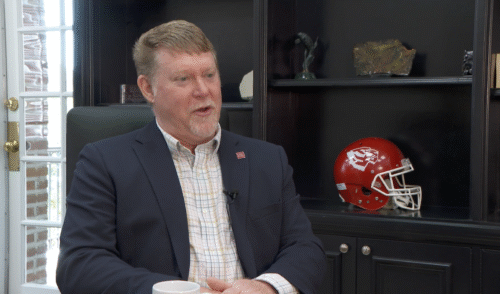
When the call from Livingston ultimately resulted in the offer of the head coaching job at UWA, Cochran saw more than just an opportunity to get back into coaching and run his own program. He saw the chance to build relationships and connections that would have lasting impacts on the lives of people and communities.
The UWA team saw the same possibilities as Cochran. As Fritch put it, Cochran represented “a unique opportunity to bring somebody of that caliber and stature to our institution,” with potentially unprecedented benefits to the university, its students and the surrounding West Alabama region. Beyond wanting to continue and build on its success on the field — last year’s team, under now-UWA athletic director Brett Gilliland, was 9-2 — Fritch said the university welcomed Cochran’s record of accomplishment and proven dedication to goals that go beyond winning football games.
“Coach Cochran has a great commitment to developing young men to be good people,” said Fritch. “He’s focused on that as much as he is on winning on the field. That balance is important, and it’s really going to help define success in our football program.”
Cochran sees his new job as the answer to the questions he’d been asking during his year away from coaching: What is my purpose? Where am I supposed to be?
“When that call came,” Cochran related, “it was like God telling me, ‘Here! I want you right here, in Livingston, Alabama.’”
Sparking interest
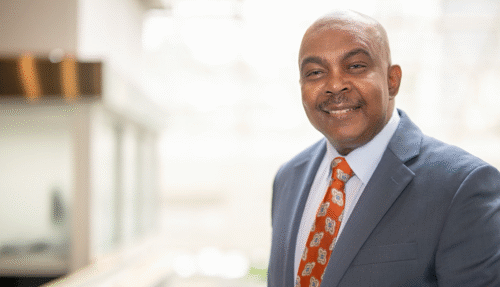
Established in 1835, Livingston is a town of about 3,500, less than 20 miles east of the Mississippi line. It is the seat of Sumter County, which lies along the western edge of the Black Belt, the once cotton-rich Alabama region that has long dealt with issues related to poverty and inadequate public resources. As Joseph Brown noted, creating economic opportunities for the future is a challenge for leaders in all sectors, a charge compounded by longstanding economic conditions.
“Sumter County is one of the poorest counties in the United States — not just the state of Alabama, but the entire country,” Brown pointed out. “To bring viability into the community, we have to bring something to spark the interest of others, from outside the area.”
Hiring Cochran strikes such a spark, said Brown. Combined with his professional standing, the coach’s compelling personal story — drawing continuing attention from media outlets up to and including the likes of ESPN and CBS Sports — has generated unprecedented attention for the UWA program. At first glance a far cry from the football — and financial — powerhouses in Tuscaloosa and Athens where Cochran built his resumé, the university is already realizing the public relations benefits of the hire.
Further ramping up interest is Cochran’s coaching staff, which includes five former Crimson Tide players: O.J. Howard, Blake Sims, Reggie Ragland, Bo Scarbrough and Damion Square. In turn, that ability to attract people associated with top-tier programs — and the resources and connections they bring — impacts the caliber of prospective recruits and supporters gaining exposure to the UWA program.
““UWA is getting visits from three-star recruits,” said Brown. “Along with other factors, that has ripple effects that we believe can contribute to growth by helping to generate increased educational and economic opportunities.”
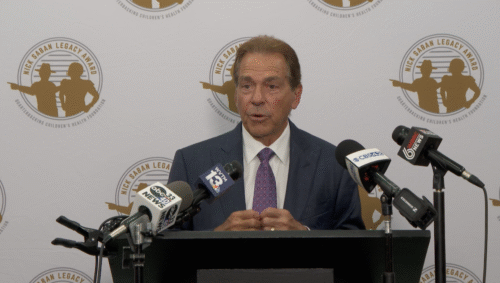
Under Cochran, the UWA football program can be a nucleus of such activity, Brown said, helping the university fulfill its community mission to the fullest. Cochran understands and embraces that.
“Coach Cochran is not just a part of our team for the X’s and O’s,” said Brown.
According to Cochran himself, building a successful football program in a small community goes hand-in-hand with creating scalable economic opportunities at the community level.
“Because the community is small in size, we can have a powerful punch,” said Cochran. “The community surrounds this school, and I have felt the love from the fans. Football is important, and so is the role we can play.”
Nick Saban readily admits that, with so many of his former players joining his former assistant Cochran on the UWA staff, he’s “really watching and looking forward to rooting for” the Tigers this fall. Responding to a question at a news conference prior to the recent Nick Saban Legacy Award presentation in Birmingham, Cochran’s longtime boss acknowledged the importance of community buy-in and spoke highly of his former assistant’s prospects for success as a head coach.
“Coach Cochran’s enthusiasm, his knowledge, what he’s learned through the years, what he’s had to overcome are all going to be things that are beneficial to him in helping to develop people and his organization and the support of the community,” said Saban. “He’s going to have an opportunity to be successful.”
The right direction
That opportunity starts on the football field. The season kicks off on Saturday, August 30, with a game at Birmingham’s Legion Field against Fort Valley State (the first game at Livingston is two weeks later, on September 13), but Cochran has been with the team since his hiring in February. The players know who their coach is, know of his skills and reputation and national championship connections, and they listen to his messages about football and life.
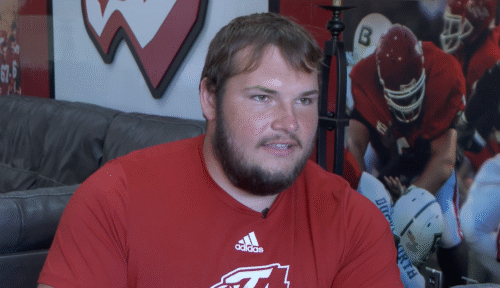
I knew about his legacy at Alabama,” said Ben Newton, a senior offensive lineman who aspires to play professionally. “I knew about his energy, the intensity that he brings every day. As a player, that gets you fired up. But you know there’s a bigger picture, that he wants to help you be your best.”
Cochran credits the team for its attitude of “soaking up as much information as they can” and “wanting to do something special,” adding, “I just hope I can lead them in the right direction.”
UWA and the surrounding community have a history of strong support for Tigers football, and Cochran’s hiring is bringing new levels of enthusiasm. The team’s spring game attracted record attendance, according to President Fritch, and anticipation of the 2025 season has only grown in the months since.
“You feel the excitement,” Fritch said. “I can’t wait for the season to kick off and see what’s ahead for us.”
Cochran, too, is excited to be back on the field and looking to the future. He wants to accomplish a lot, starting with delivering a winning program to the hometown university and its fans. That’s the first step.
“These people want to win,” acknowledged Cochran. “They’re excited about their football. I want to make them proud.”
Courtesy of Alabama News Center.




